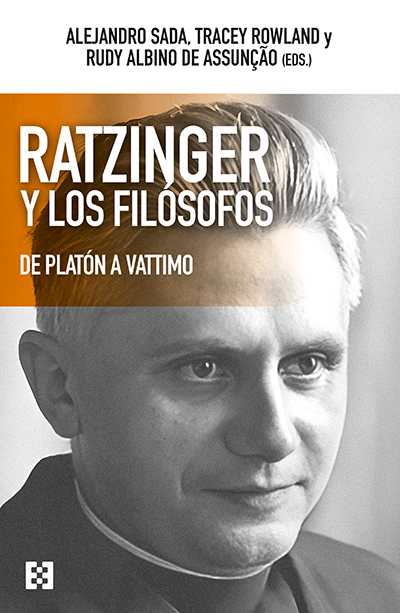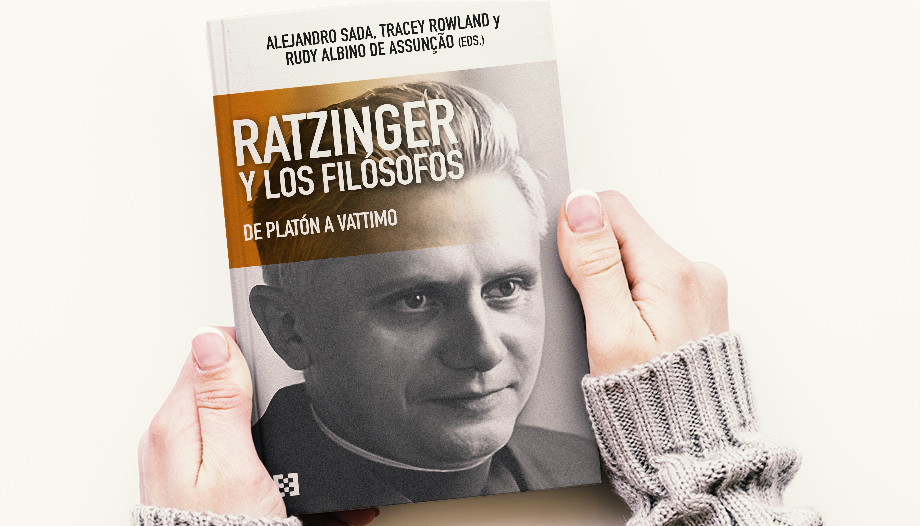 Historical friendships and faith according to Ratzinger
Historical friendships and faith according to Ratzinger Joseph Ratzinger. A life spent in the service of the Church
Joseph Ratzinger. A life spent in the service of the ChurchRatzinger, the "Pope theologian" defended in numerous speeches and documents the need to maintain a dialogue between philosophy and theology as part of the encounter between faith and reason.
Ratzinger and the philosophers. From Plato to Vattimo

But, as noted in the introduction to the present book, he "not only developed in his researches a theory of the development of both, but in fact put them furthermore to work together," for both philosophy and theology. "Ratzinger and the philosophers".edited by Alejandro Sada, Rudy Albino de Assunçao and Tracey RowlandThe book, which includes part of this collaboration, in particular, that which Benedict XVI himself carried in his thoughts.
The subtitle - "From Plato to Vattimo" - points to his eagerness to maintain a profound and personal dialogue with all the great philosophical traditions. This book was born out of the conversations of the editors of the project when they realized that there was insufficient systematic study of this aspect of Ratzinger's thought. The result is a work that brings together essays on twenty-two thinkers. It is a good thing that it is a collaborative work, not only because the magnitude of the task demands it, but also because throughout the pages one has the feeling of witnessing many voices that maintain the "continuing discourse on fundamental questions," as Whitehead characterized philosophy.
In fact, as one of the studies points out, "Ratzinger's theology will always be a con-theology, a theology in continuous dialogue with the faith of the Church and other authors, both classical and modern". It is therefore extremely interesting to read Ratzinger's responses to philosophers as distant from Christianity as Nietzsche, Marx or Sartre; or the reflections made with more recent thinkers such as Heidegger, Wittgenstein or Popper, or with others with whom he had direct contact, such as Spaemann, Habermas or Pieper.
And, of course, it also deals with the influence of the great masters, St. Augustine, St. Bonaventure and St. Thomas. One of the book's strengths, which helps to maintain the air of philosophical dialogue, is the continuous recourse in all the chapters both to the works of Ratzinger and to those of the different philosophers and thinkers studied. The result is a different approach, a different perspective from the usual one, to the thought of one or the other, which is enriching for both theologians and philosophers. This essay also serves to achieve a better understanding of the work of Benedict XVI, since it highlights what he considered essential problems and provides information on some of his works.











